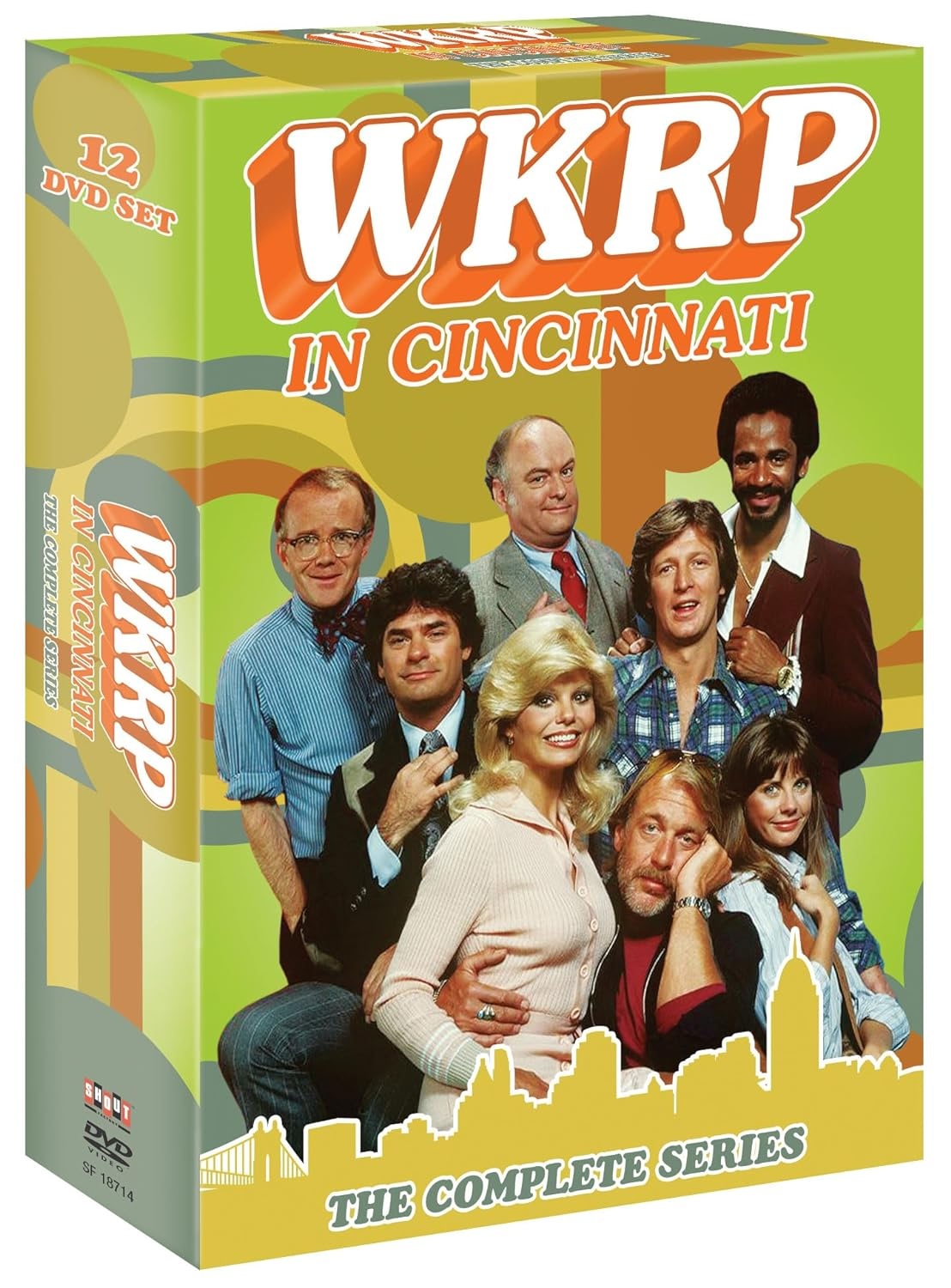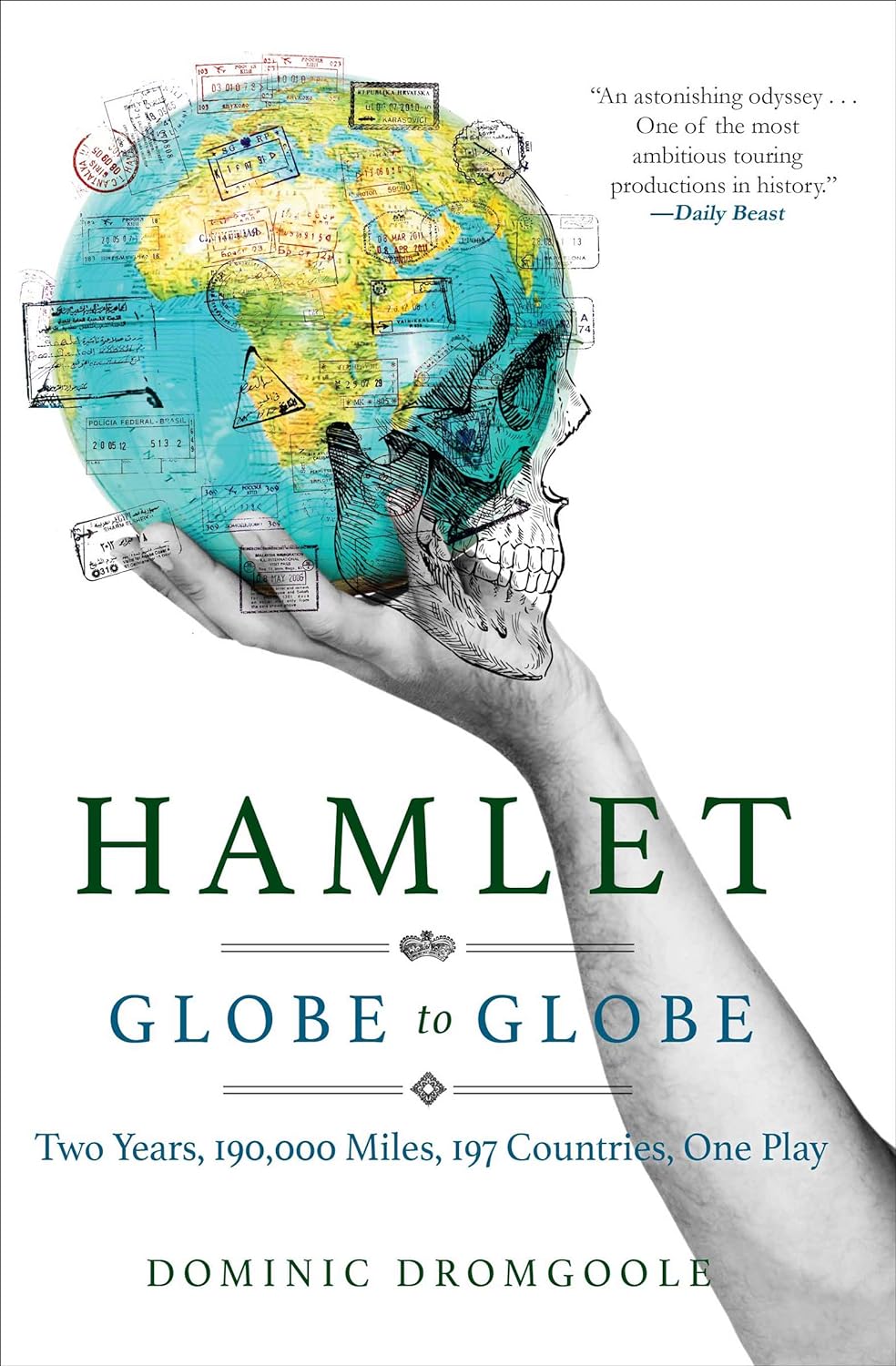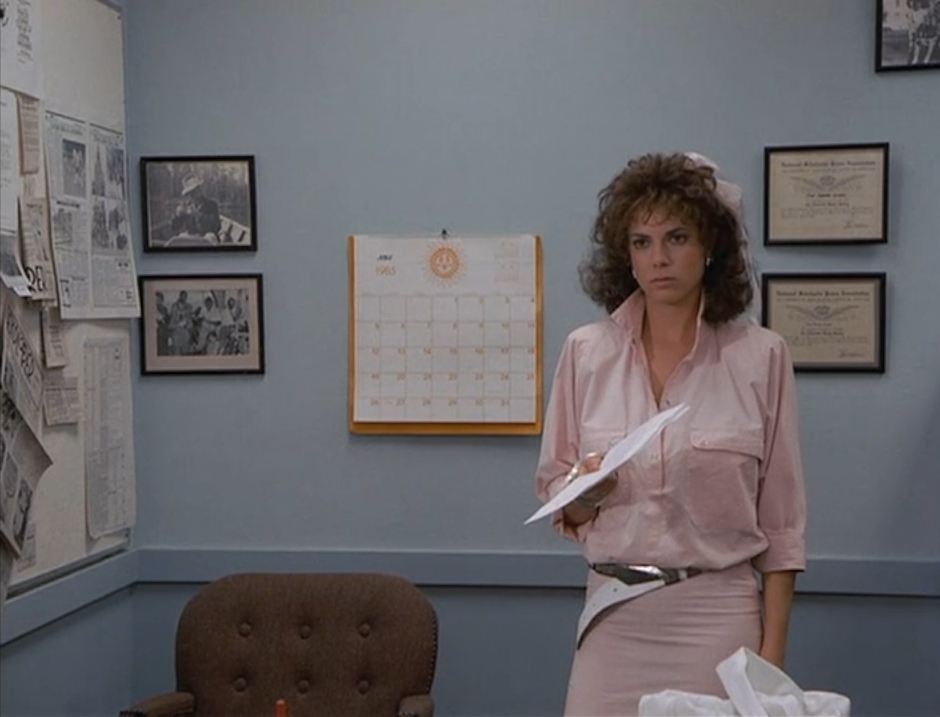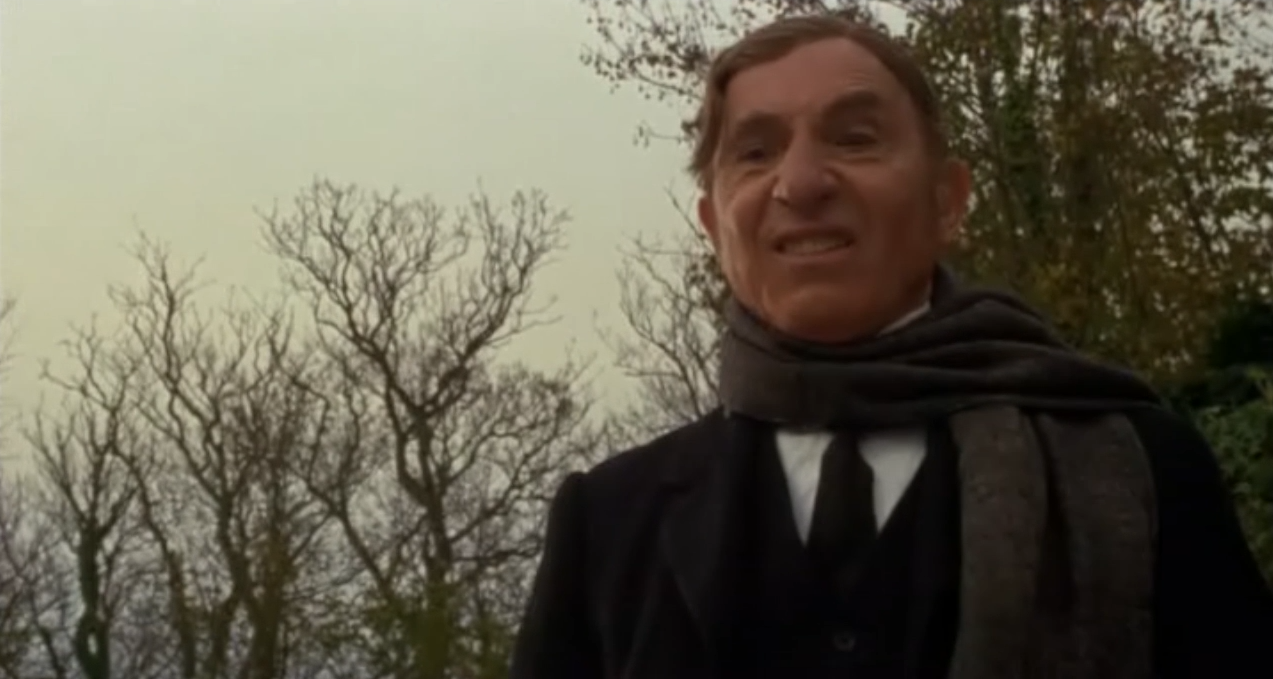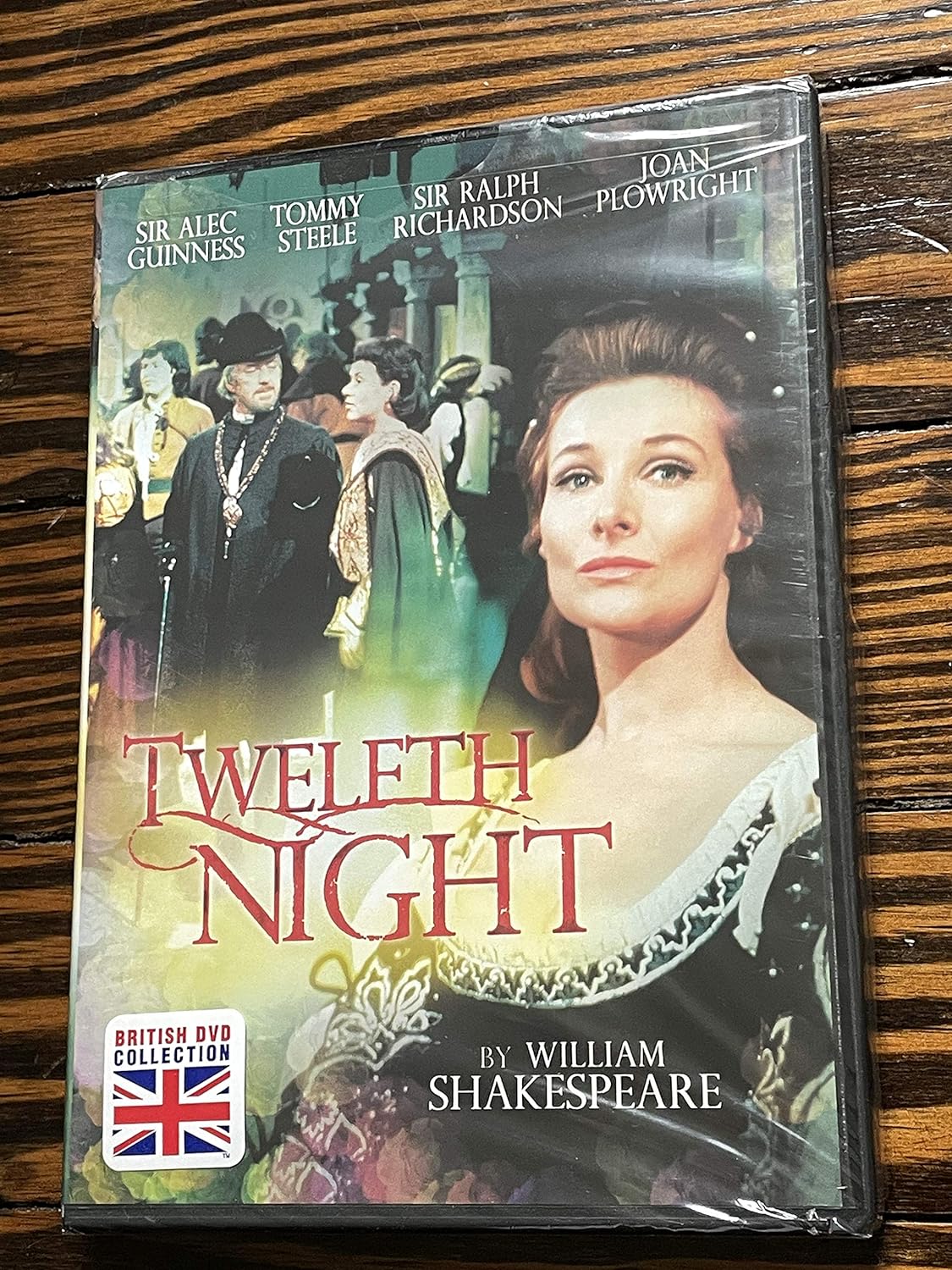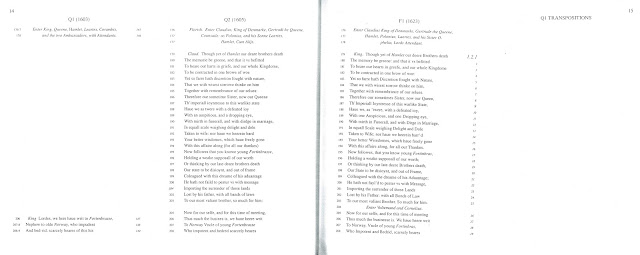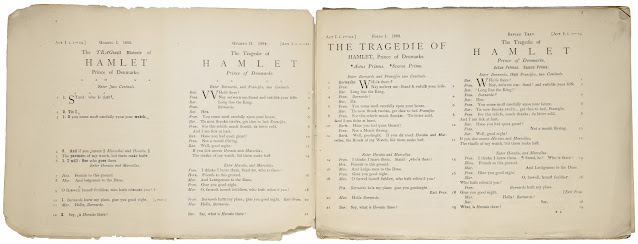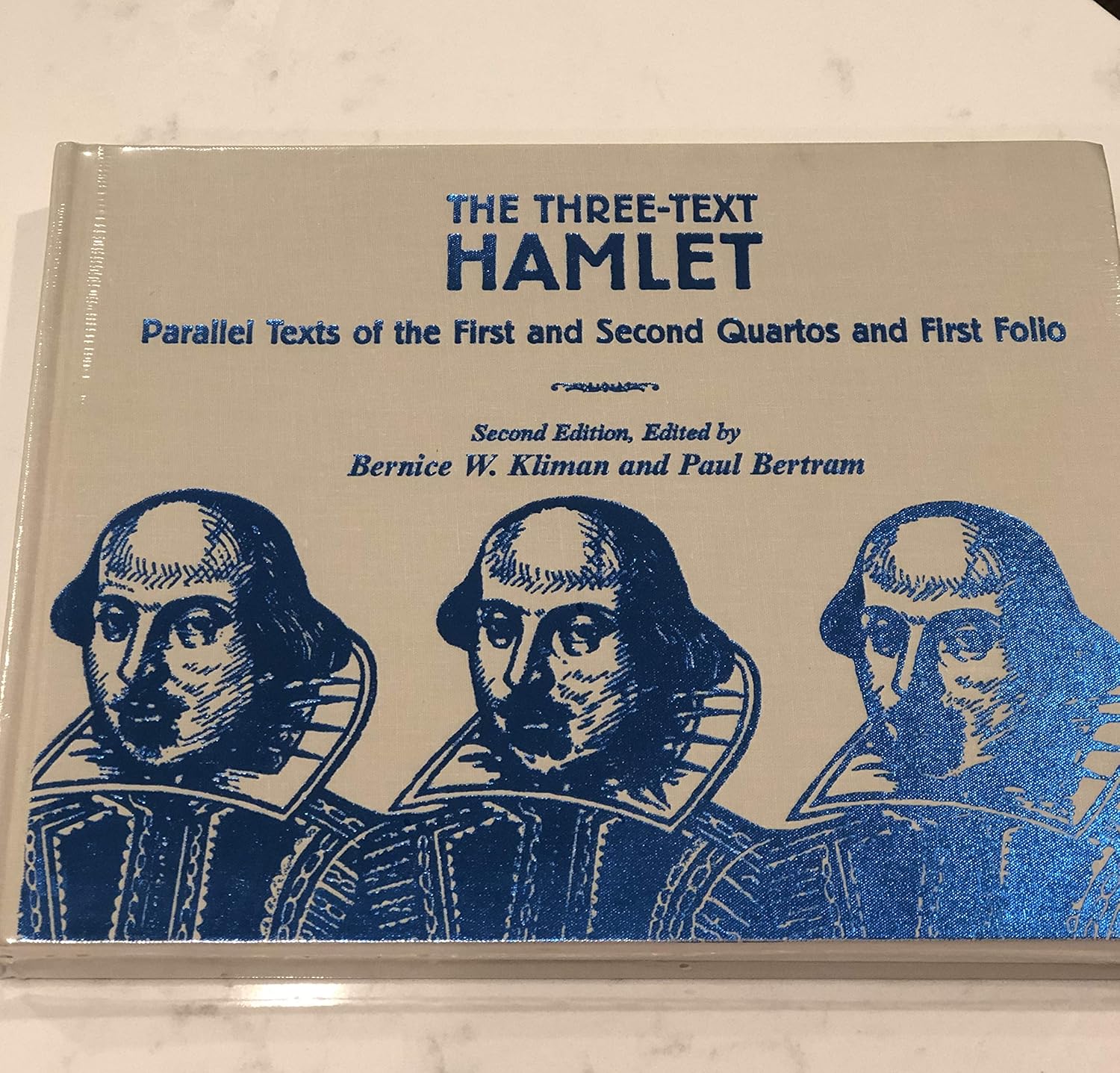Barbour, Richmond. The Third Voyage Journals: Writing and Performance in the London East India Company, 1607-10. New York: Palgrave, 2009.
"Bardfilm," (I hear you cry) "that's an awfully specific question. Just what do you have in mind here? And why, by the way, are you asking it?"
I'll field that second question first, if I may. I'm asking because I've recently heard rumors that such a thing happened—that Twelfth Night was enacted abroad either The Dragon or The Hector during the expedition the two ships made between 1607 and 1610. I first heard the rumor while listening to some lectures from The Teaching Company (a.k.a. The Great Courses).
Since I have done a fair bit of research on the performances of
Hamlet (twice) and
Richard II (only once) during that voyage (for which,
q.v.), I was surprised to hear that
Twelfth Night might also have been enacted on the trip. A quick search of the
MLA Bibliography, my own copy of William Keeling's journals,
JSTOR, and Google Scholar revealed nothing. A quick Google search led me to
a section of the Royal Museums Greenwich website that, after mentioning the performances of
Hamlet, says this:
The captain, William Keeling, was an enthusiastic follower of Shakespeare’s plays and he persuaded his crew to perform Richard II and Twelfth Night on the same voyage to the Spice Islands.
Now that just didn't ring true. Twelfth Night wasn't published until the First Folio (unless an unmentioned quarto was extant in 1607 but not seen since). Was the performance put together from a manuscript? The Book of the Play? A collection of players' individual script fragments? Both Q1 and Q2 of Hamlet were available by 1607, as were Q1, Q2, and Q3 of Richard II. A ship having a printed copy of both those plays seems reasonable (if, perhaps, unlikely). But Twelfth Night?
Determined to get to the bottom of it, I pulled out the big guns—the publication listed above, which is the most recent scholarly work on the voyage.
And it doesn't mention Twelfth Night anywhere.
But it does have a lot of really interesting information and ideas. Prior to the East India Company, a lot of British mercantile work was in the field of privateering . . . in essence, piracy! In the fascinating introduction to the book, Richard Barbour says, "Keeling and his principal mariners believed the expedition capable of amending England's piratical reputation, an ameliorative process to which Hamlet presumably contributed in Sierra Leone" (3). In thinking about Hamlet being enacted aboard a ship, I utterly neglected to think of the pirates!
Barbour also points out that "The stationer Nicholas Ling, who published the first two quartos of Hamlet, was a charter member of the East India Company. In particular, he was one of several shareholders charged to victual the ships of the Third Voyage. He could have supplied them with books as well as foodstuffs" (27).
That's speculative, of course, but it's interesting speculation! Buy thirty dried sides of beef and get a quarto of any play in stock!
Speaking of speculation, there's been some about the authenticity of the journal entries that mention the Shakespeare plays—primarily because the original pages that were cited in 1825 and 1849 are no longer extant. But I've been convinced by the scholarship I've read that the reports are authentic. In the appendix to The Third Voyage Journals, the specific extracts are examined:
From my research, I'm concluding that
Twelfth Night was
not performed on an East India Company Voyage between 1607 and 1610. But if anyone has a good source for such a performance, I'm all ears!
Click below to purchase
The Third Voyage Journals from amazon.com
(and to support Bardfilm as you do so).











